25.02.2019
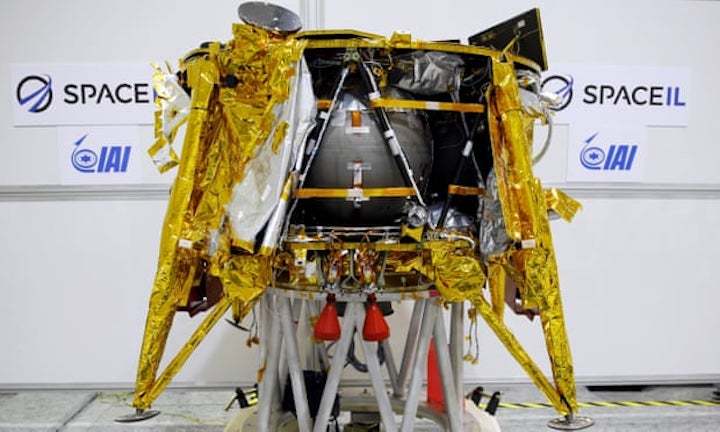
Beresheet
Launched on Friday by its operators Israel Aerospace Industries and SpaceIL, Beresheet is the first privately funded lunar landing mission. It will demonstrate a new landing technique of “hopping”, using its rocket engine, to a secondary landing spot. The rover will have a short lifetime of a few days, with plans to transmit imagery and measurements of the moon’s magnetic field, as well as depositing a “time capsule” celebrating Israeli art, music and history.
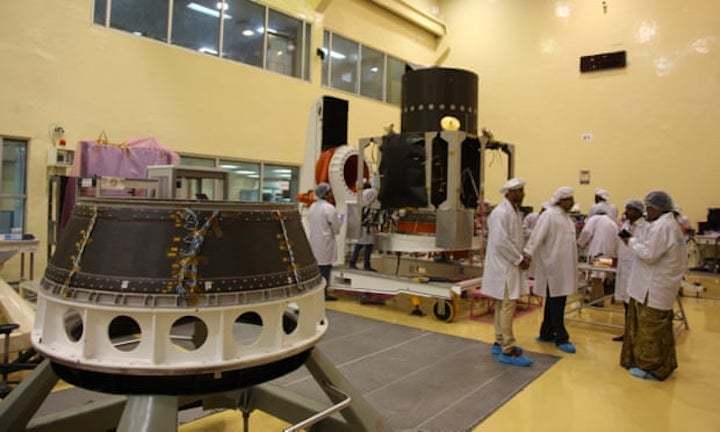
Pragyan
The Indian Space Research Organisation is planning to launch its Chandrayaan-2 lunar exploration mission in April 2019. Its rover, Pragyan, is solar powered and is designed to land near the lunar south pole. Pragyan aims to perform chemical analysis and transmit data back to Earth via its orbiter.
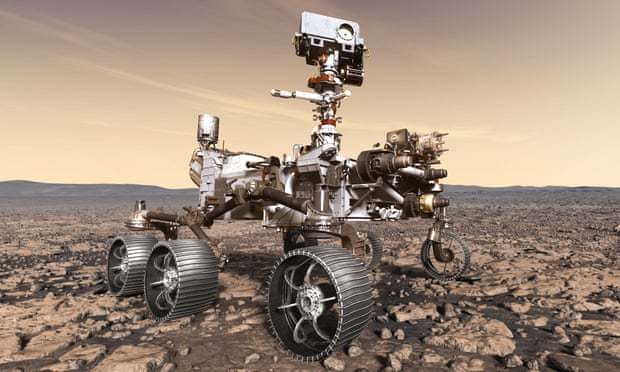
Mars 2020
In July 2020, Nasa is planning to launch its Mars 2020 rover mission. The rover will be fitted with a drill and will collect samples, investigating the planet’s surface processes and history. These samples will be stored on Mars to be collected in the future by a “fetch” rover.
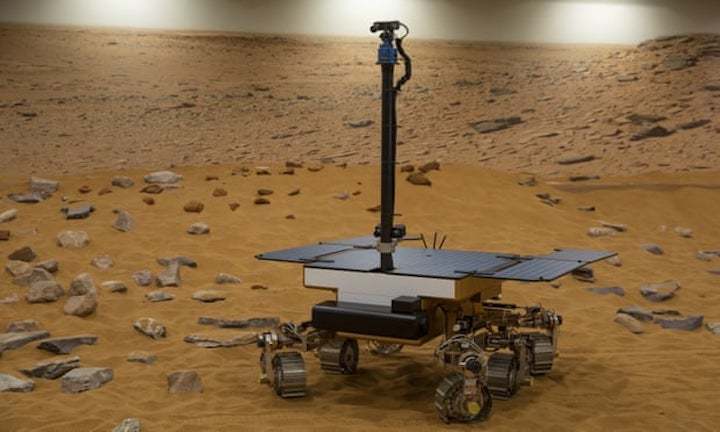
Rosalind Franklin
Rosalind Franklin is a Mars rover operated by the European Space Agency and Roscosmos, the Russian state’s space corporation, due to launch in July 2020. Named after the pioneering British chemist, it will drill down two metres to collect soil and search for evidence of life – past or present. The rover may also be accompanied by a scouting vehicle that will travel ahead of the Rosalind Franklin and test for suitable terrain.
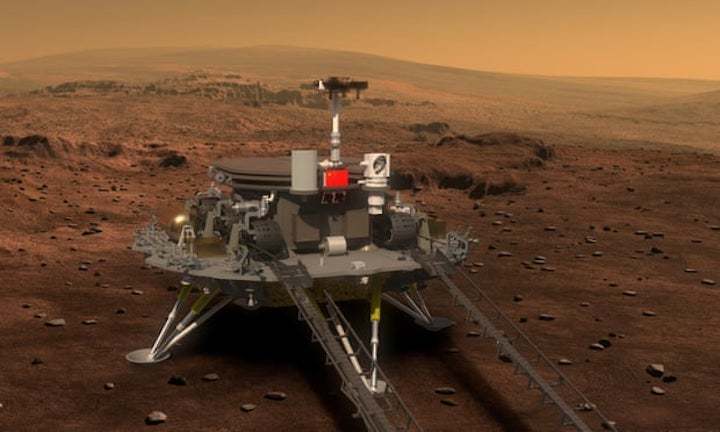
Mars Global Remote Sensing Orbiter and Small Rover
With a planned launch in July or August 2020 and operated by the China National Space Administration, this Mars rover mission will also focus on finding evidence of past or present life. The rover will use radar probes to map the topography of the planet’s surface and will explore technologies required for a future return mission.
Quelle: theguardian
